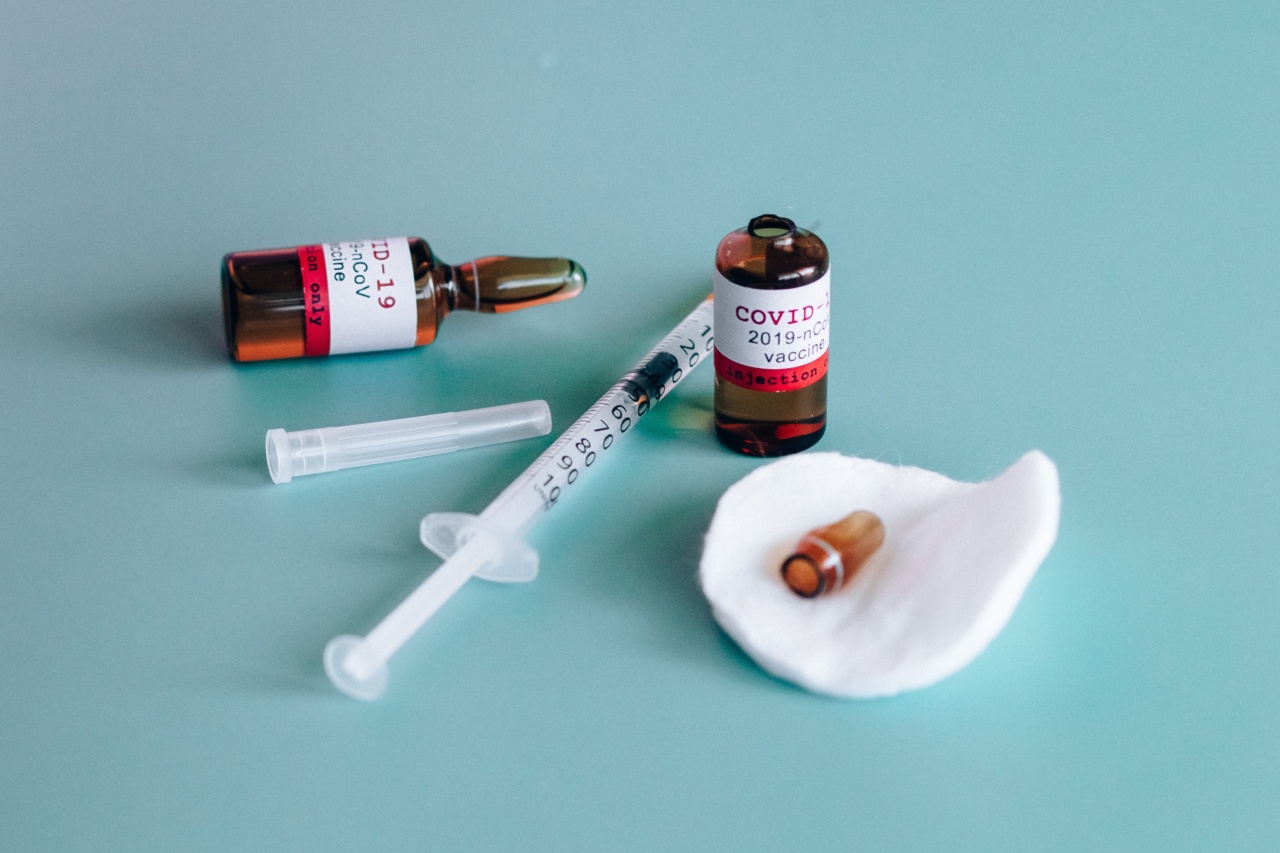Renal health refers to the overall well-being of the kidneys, which play a crucial role in filtering waste products and excess fluids from the blood.
The kidneys are responsible for maintaining fluid balance, regulating blood pressure, producing red blood cells, and controlling electrolyte levels in the body. When the kidneys are not functioning properly, it can lead to various health problems, including chronic kidney disease (CKD), kidney failure, and the need for dialysis or a kidney transplant.
The management of renal health involves not only medical interventions but also considerations of health economics.
Prevalence of Renal Health Issues
Renal health issues have become a growing concern globally, with millions of individuals suffering from kidney diseases. According to the Global Burden of Disease Study, CKD was the 12th leading cause of death worldwide in 2017.
It is estimated that around 850 million people worldwide have kidney diseases, resulting in over two million deaths annually. The prevalence of kidney diseases is often linked to risk factors such as diabetes, hypertension, obesity, and smoking.
Impact on Quality of Life
Kidney diseases not only pose a significant burden on health systems but also have a detrimental impact on the quality of life of individuals.
Patients with CKD often experience fatigue, decreased appetite, sleep disturbances, and difficulty concentrating. As the disease progresses, individuals may require dialysis or a kidney transplant, which further affects their day-to-day life.
The psychological and emotional toll of managing chronic kidney diseases can be immense, leading to anxiety, depression, and a reduced sense of well-being.
Economic Costs of Renal Health Issues
The economic costs associated with renal health issues are substantial. The management of kidney diseases, including diagnostic tests, treatments, medications, and dialysis, can be expensive.
According to the Centers for Disease Control and Prevention (CDC), in 2017, Medicare spending on CKD alone exceeded $79 billion in the United States. Kidney transplantation and dialysis are also costly procedures, requiring significant financial resources for both the patient and healthcare systems.
Preventive Measures and Early Detection
Preventing and detecting kidney diseases at an early stage is crucial to reduce the burden on individuals and healthcare systems.
Public health campaigns promoting healthy lifestyles, such as regular physical activity, a balanced diet, and smoking cessation, can help prevent or delay the onset of kidney diseases. Additionally, routine screenings for risk factors like diabetes and hypertension can aid in early detection, allowing for timely interventions to slow the progression of kidney diseases.
Impact of Health Economics on Renal Health
The field of health economics plays a vital role in shaping policies and strategies related to renal health.
It encompasses the study of the allocation of resources, the costs and benefits of healthcare interventions, and the evaluation of healthcare delivery systems. Health economists analyze the cost-effectiveness of different treatment options, taking into account factors such as long-term outcomes, quality-adjusted life years (QALYs), and the impact on patients’ and caregivers’ well-being.
Cost-Effectiveness of Renal Health Interventions
Health economics helps determine the cost-effectiveness of interventions aimed at improving renal health.
For example, studies comparing the costs and benefits of different dialysis modalities (in-center hemodialysis, peritoneal dialysis, home hemodialysis) can guide policymakers and healthcare providers in deciding the most efficient approach. Cost-effectiveness analyses also play a role in assessing the value of medications used in the treatment of kidney diseases, aiding in formulary decisions and reimbursement strategies.
Healthcare Financing and Access to Renal Health Services
Health economics also considers the financing and accessibility of renal health services.
In countries with universal healthcare systems, such as Canada or the United Kingdom, the coverage and reimbursement of renal health interventions are often determined based on their cost-effectiveness. In contrast, countries with private insurance systems may have different mechanisms for determining coverage and reimbursement.
Health economists evaluate the impacts of different financing models on access to renal health services and identify strategies for improving equity.
Importance of Prevention and Early Intervention
From an economic standpoint, prevention and early intervention are crucial in managing renal health.
Investing in preventive measures, such as education campaigns, screenings, and early treatment of risk factors like diabetes and hypertension, can lead to substantial cost savings in the long run. By preventing or delaying the progression of kidney diseases, healthcare systems can reduce the need for costly treatments like dialysis or transplantation, thereby improving both health outcomes and cost-effectiveness.
The Role of Technology and Innovation
Advancements in technology and innovation also play a significant role in improving renal health outcomes and reducing costs.
For instance, the development of wearable devices and mobile applications has enabled remote monitoring of patients with kidney diseases, allowing for early detection of complications and timely interventions. Telemedicine and telehealth services have expanded access to specialized care for individuals residing in remote areas. Health economists study the economic impact of such innovations and help guide their integration into healthcare systems.
Conclusion
Renal health is a critical aspect of overall well-being, and its management involves not only medical interventions but also considerations of health economics.
The economic costs associated with kidney diseases are substantial, and health economics plays a crucial role in evaluating the cost-effectiveness of interventions, determining financing and reimbursement mechanisms, and promoting prevention and early intervention. By utilizing the principles of health economics, policymakers, healthcare providers, and researchers can work together to improve renal health outcomes, enhance access to services, and mitigate the economic burden associated with kidney diseases.





























